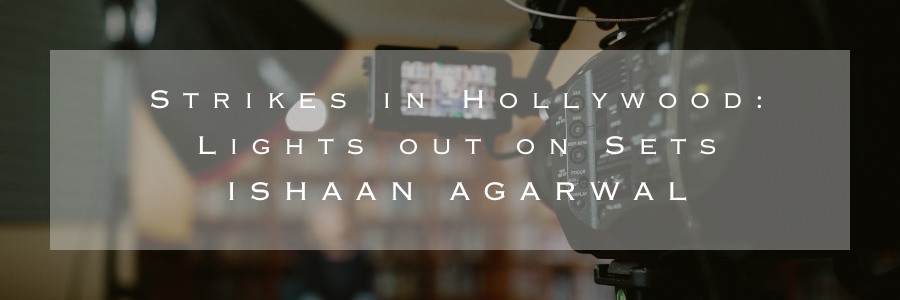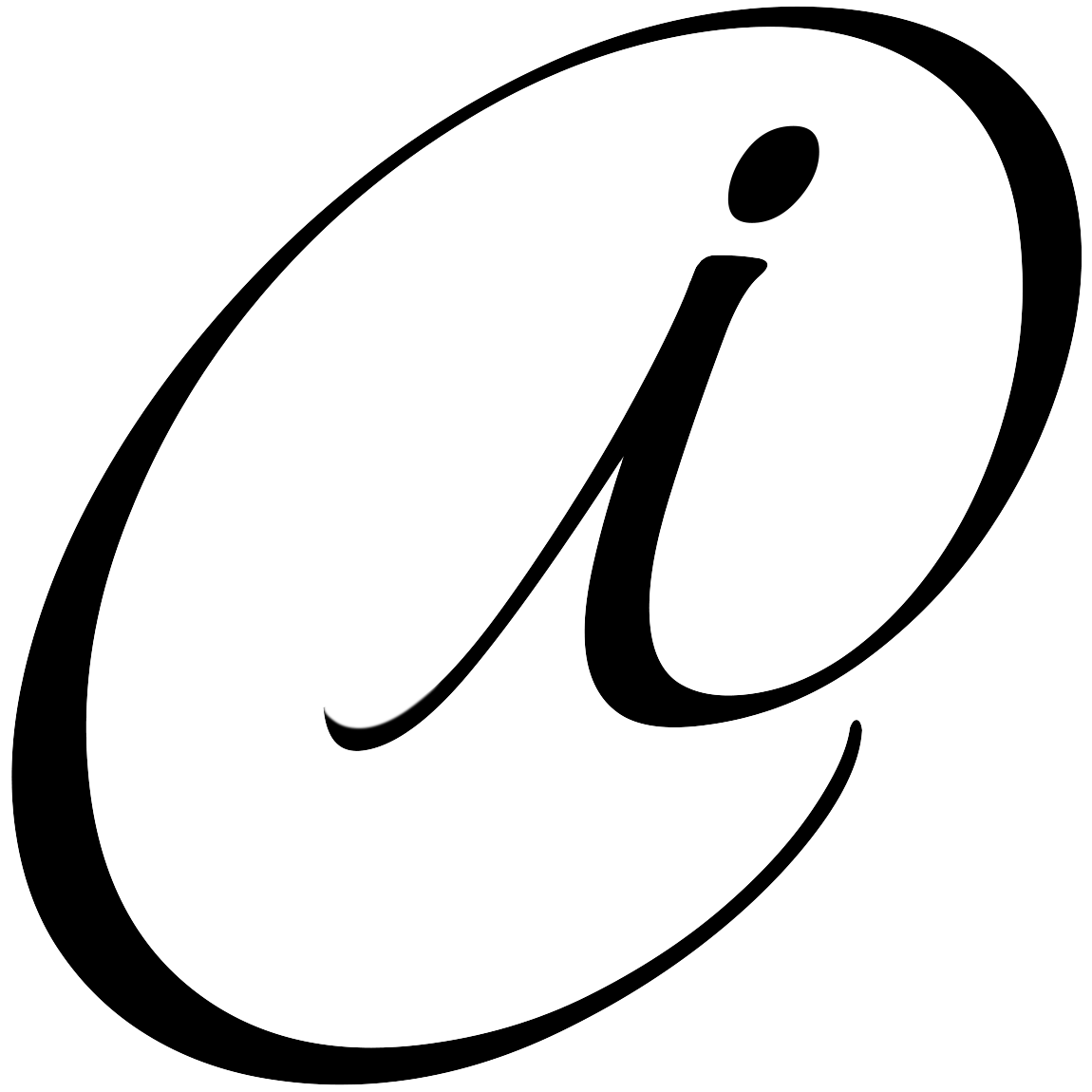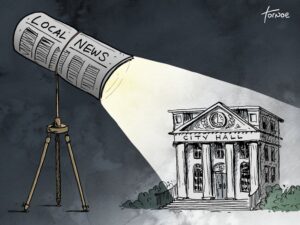My repository of thoughts on interesting ideas.
Strikes in Hollywood: Lights out on Sets

Earlier today, the SAG-AFTRA, the Screen Actors Guild-American Federation of Television and Radio Artists, convened for the board to discuss the possibility of striking. The announcement of this meeting came just a few hours after the Emmy nominations and not long after the extended deadline to reach a new labor contract with the Alliance of Motion Picture and Television Producers (AMPTP) passed. The AMPTP represents multi-billion dollar companies, including Disney, Netflix, and Warner Bros. Discovery. The inability of both parties to arrive at a successor contract agreement marks the first time in 23 years that the union has gone on strike. This labor union now has followed in the footsteps of its counterpart for writers, the WGA or Writers Guild of America, which announced it was striking back in May.
Agreement Stipulations
Going into negotiations at the beginning of June, SAG-AFTRA sought concessions in numerous areas. These included increases in minimum pay rates, regulating the use of artificial intelligence and protecting union actors’ digital likenesses, revamping the residual compensation structure to be equitable and keep pace with inflation, and reducing the financial burdens imposed on union actors by the industry-wide shift to self-taping.
However, when talks broke down, the AMPTP released a press statement as the SAF-AFTRA walked away from negotiations, “In doing so, it has dismissed our offer of historic pay and residual increases, substantially higher caps on pension and health contributions, audition protections, shortened series option periods, a groundbreaking AI proposal that protects actors’ digital likenesses, and more.”
Addressing the statement’s claims, especially when it came to the AI proposal, Duncan Crabtree-Ireland, national executive director and chief negotiator for SAG-AFTRA, said, “In that groundbreaking AI proposal, they proposed that our background performers should be able to be scanned, get paid for one day’s pay, and their company should own that scan, their image, their likeness, and should be able to use it for the rest of eternity in any project they want with no consent and no compensation. So if you think that’s a groundbreaking proposal I suggest you think again.”
Cost of Striking
While the labor union’s objective is to maximize compensation for its constituents, one has to wonder whether it comes at an excessive expense. Reports have surfaced that may suggest that studio producers will implement siege tactics with the WGA strike and wait to recommence negotiations until writers are out of money and begin losing their homes. A similar story may be true for the SAG-AFTRA, and union leaders may need to adapt their strategy accordingly.
Trend of Strikes and Economic Industry
These strikes are part of a growing trend among workers in the U.S. who are fighting for better pay and benefits from companies such as Amazon Inc., Starbucks Corp., Delta Inc., and United Parcel Services Inc. This specific strike for the entertainment industry comes as a massive blow since it is already contending with two major problems: declining audiences for traditional TV networks and huge losses from new-generation streaming platforms like Disney+, HBO-Max, and Paramount+. As put by Disney CEO Bob Iger in a CNBC interview, “This is the worst time in the world to add to that disruption. According to the chief global strategist of the Milken Institute, an economic think tank, Kevin Klowden, the tandem strike of the WGA and SAG-AFTRA could amount to damages close to $4bn, especially if actors cannot reach agreement terms quickly. These adverse effects will also not be isolated to the U.S. Studios and firms involved in post-production located in the U.K., Australia, and New Zealand will take significant hits.
Looking Forward
These strikes have significant implications for the future of labor in the entertainment industry following the golden streaming era. Numerous studio projects have been halted since the WGA’s strike announcement, including Netflix’s Stranger Things and ABC’s Abbott Elementary, and more are to follow now that the performers in these pieces have pulled out as well. This entire situation poses a dire situation for all parties involved, and time will tell how this standoff ends.



